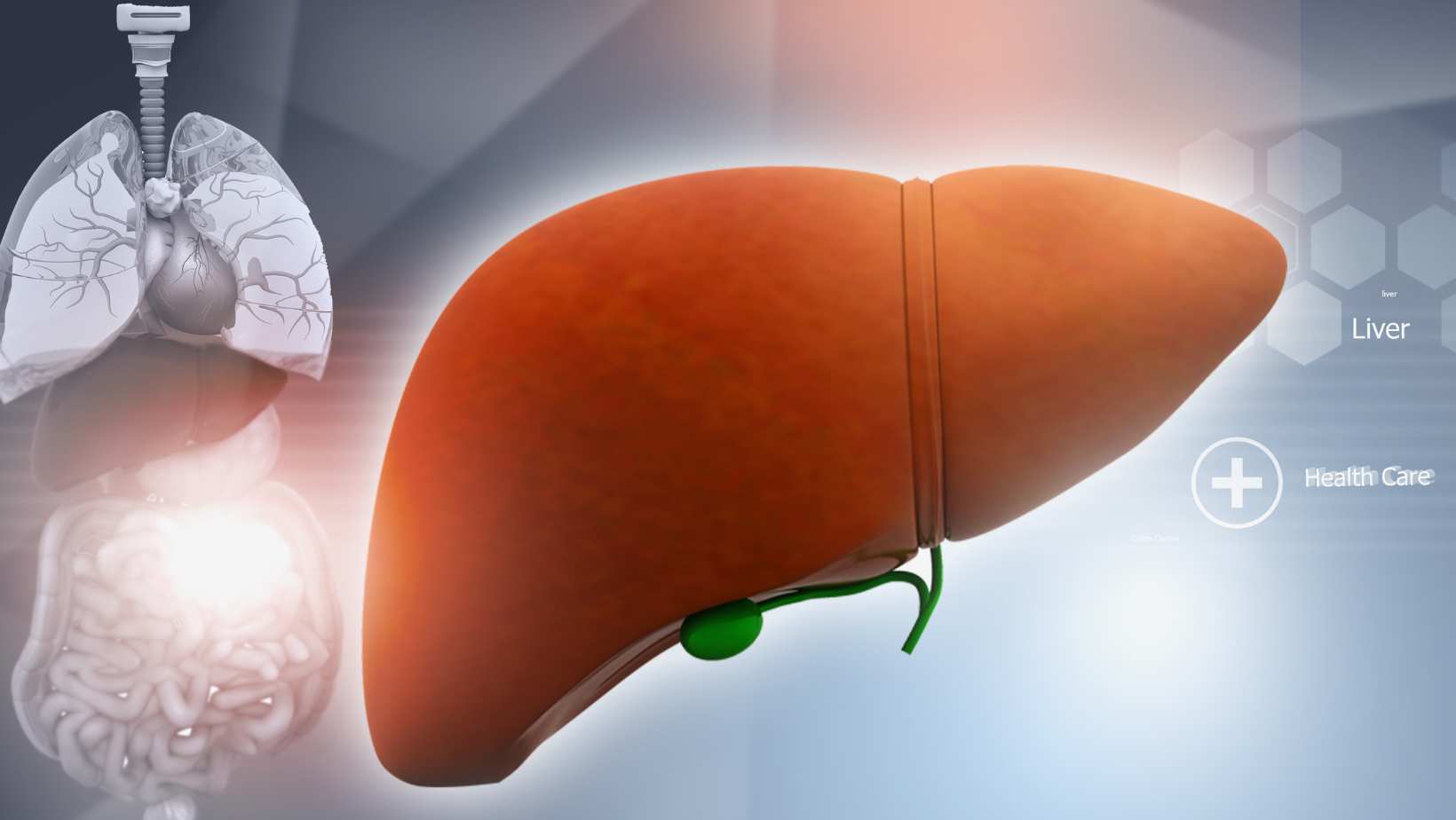Fatty liver, a condition that affects a staggering 70 to 90 million Americans, is the single most common disease in the country that most people have never even heard of. In fact, you might unknowingly be part of this silent epidemic. But what exactly is fatty liver, what causes it, and most importantly, how can you fix it?
What Is Fatty Liver and Why Should You Care?
Fatty liver, as the name implies, is a condition where excess fat accumulates in the liver cells. While foie gras, the fatty liver of a duck or goose, is considered a delicacy in French cuisine, in humans, it’s a sign of serious metabolic imbalance.
Having a fatty liver sets off a cascade of health issues, including:
- Inflammation throughout the body
- Insulin resistance and pre-diabetes
- Increased belly fat storage
- Elevated triglycerides and reduced HDL (“good”) cholesterol
- Formation of small, dense LDL particles that promote heart disease
In severe cases, fatty liver can even progress to cirrhosis and liver failure, potentially requiring a transplant. Shockingly, boys as young as 12 have needed liver transplants after years of consuming soda.
The Surprising Culprit: Sugar, Not Fat
Contrary to popular belief, dietary fat is not the primary cause of fatty liver. The real culprit? Sugar, particularly in the form of high fructose corn syrup (HFCS) and other refined carbohydrates.
When you consume sugary foods and drinks, the fructose turns on a “fat production factory” in the liver, a process known as lipogenesis. The more fructose you eat, the more fat your liver produces.
Soda: The #1 Cause of Fatty Liver?
One of the top sources of fructose in the American diet is soda, sweetened with HFCS. In fact, sugary beverages are the single biggest cause of fatty liver. For many Americans, soda is their primary source of daily calories, setting the stage for serious liver damage over time.
Populations at Higher Risk for Fatty Liver
While anyone can develop fatty liver from a high-sugar diet, certain populations are at elevated risk, including:
- Those with pre-diabetes or diabetes
- Latino individuals
- People with excess belly fat
Do You Have Fatty Liver? Warning Signs to Watch For
Fatty liver often flies under the radar, as it may not immediately cause abnormal liver function tests. However, there are some red flags that suggest you might have this condition:
- Consuming a diet high in refined carbs, flour, and sugar
- Carrying excess weight around your midsection
- Craving sugar, starch, and carb-heavy foods
An abdominal ultrasound can detect fatty liver, but prevention is the best medicine. By the time liver enzymes are elevated, significant damage may have already occurred.
The Fatty Liver Fix: Diet and Lifestyle Strategies
To heal your fatty liver, the first step is to cut out all HFCS and reduce or eliminate starch. Avoid products with added sugars, and minimize your intake of refined flours, even whole grain varieties. Instead, focus on these liver-friendly foods:
- Plenty of fresh vegetables and fruits
- Nuts, seeds, and healthy fats like olive oil and avocado
- Lean proteins such as chicken, fish, and legumes
- Detoxifying foods like garlic, onions, and cruciferous veggies
Regular exercise is also crucial for reversing fatty liver. Aim for a mix of cardio and strength training to boost your metabolism and reduce insulin resistance.
Supplements to Support Liver Health
In addition to dietary changes, certain supplements can help repair and rejuvenate your liver:
- Milk thistle to boost liver function
- Lipoic acid, a powerful antioxidant
- N-acetyl cysteine to replenish glutathione, the liver’s detox compound
- B vitamins and magnesium to support cellular health
The Bottom Line
Fatty liver is a silent epidemic affecting millions, but you have the power to protect yourself. By cutting out sweet drinks and processed carbs, eating detoxifying foods, exercising regularly, and using targeted supplements, you can reverse fatty liver and reclaim your health. Your liver works hard for you, so show it some love!
Frequently Asked Questions
Can skinny people get fatty liver too?
Yes, even thin individuals can develop fatty liver if they consume a diet high in sugar and refined carbs. Excess fructose turns into fat in the liver, regardless of body weight.
Is fatty liver reversible?
Absolutely! In most cases, fatty liver can be completely reversed through dietary changes, exercise, and liver-supportive nutrients. However, the earlier you address it, the better.
How long does it take to heal a fatty liver?
Everyone’s healing timeline is different, but many people see significant improvements in liver health within 3-6 months of implementing the strategies outlined above. Be patient and consistent with your efforts.
